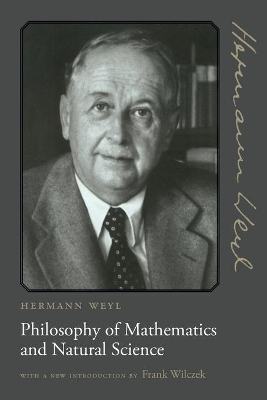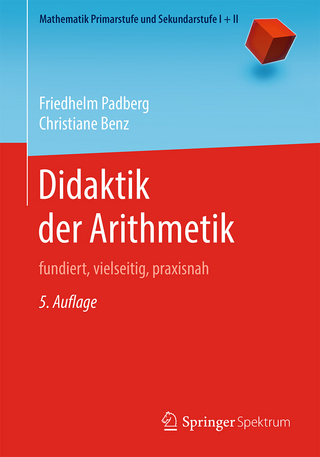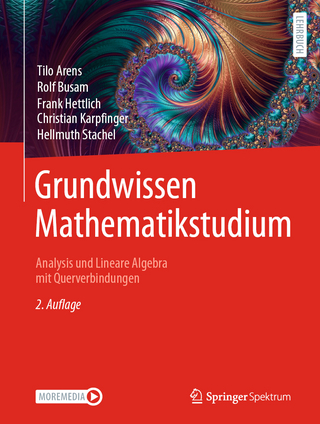
Philosophy of Mathematics and Natural Science
Seiten
2009
|
Revised edition
Princeton University Press (Verlag)
978-0-691-14120-6 (ISBN)
Princeton University Press (Verlag)
978-0-691-14120-6 (ISBN)
Examines how advances in philosophy were led by scientific discoveries - the more humankind understood about the physical world, the more curious we became. Drawing on work by Descartes, Galileo, Hume, Kant, Leibniz, and Newton, this book helps readers understand science through the lens of philosophy.
When mathematician Hermann Weyl decided to write a book on philosophy, he faced what he referred to as "conflicts of conscience"--the objective nature of science, he felt, did not mesh easily with the incredulous, uncertain nature of philosophy. Yet the two disciplines were already intertwined. In Philosophy of Mathematics and Natural Science, Weyl examines how advances in philosophy were led by scientific discoveries--the more humankind understood about the physical world, the more curious we became. The book is divided into two parts, one on mathematics and the other on the physical sciences. Drawing on work by Descartes, Galileo, Hume, Kant, Leibniz, and Newton, Weyl provides readers with a guide to understanding science through the lens of philosophy. This is a book that no one but Weyl could have written--and, indeed, no one has written anything quite like it since.
When mathematician Hermann Weyl decided to write a book on philosophy, he faced what he referred to as "conflicts of conscience"--the objective nature of science, he felt, did not mesh easily with the incredulous, uncertain nature of philosophy. Yet the two disciplines were already intertwined. In Philosophy of Mathematics and Natural Science, Weyl examines how advances in philosophy were led by scientific discoveries--the more humankind understood about the physical world, the more curious we became. The book is divided into two parts, one on mathematics and the other on the physical sciences. Drawing on work by Descartes, Galileo, Hume, Kant, Leibniz, and Newton, Weyl provides readers with a guide to understanding science through the lens of philosophy. This is a book that no one but Weyl could have written--and, indeed, no one has written anything quite like it since.
Hermann Weyl (1885-1955) is regarded as one of the greatest mathematicians of the twentieth century. Born and educated in Germany, he taught at the Institute for Advanced Study in Princeton, New Jersey, from 1933 until his retirement in 1951. He published five books with Princeton University Press, including "Symmetry and The Classical Groups". Frank Wilczek is the Herman Feshbach Professor of Physics at Massachusetts Institute of Technology and the recipient of the 2004 Nobel Prize in Physics.
| Erscheint lt. Verlag | 17.5.2009 |
|---|---|
| Einführung | Frank Wilczek |
| Verlagsort | New Jersey |
| Sprache | englisch |
| Maße | 152 x 229 mm |
| Gewicht | 482 g |
| Themenwelt | Mathematik / Informatik ► Mathematik |
| Naturwissenschaften | |
| ISBN-10 | 0-691-14120-7 / 0691141207 |
| ISBN-13 | 978-0-691-14120-6 / 9780691141206 |
| Zustand | Neuware |
| Haben Sie eine Frage zum Produkt? |
Mehr entdecken
aus dem Bereich
aus dem Bereich
Von Logik und Mengenlehre bis Zahlen, Algebra, Graphen und …
Buch | Softcover (2024)
De Gruyter Oldenbourg (Verlag)
74,95 €
fundiert, vielseitig, praxisnah
Buch | Softcover (2021)
Springer Berlin (Verlag)
32,99 €
Analysis und Lineare Algebra mit Querverbindungen
Buch | Hardcover (2022)
Springer Spektrum (Verlag)
64,99 €


